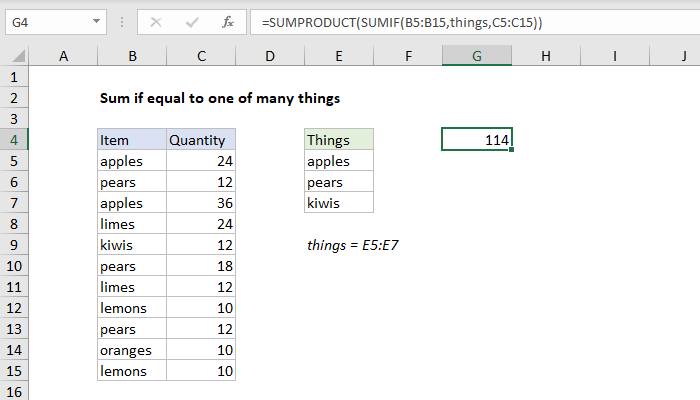

Consider both the meaning and usage of any active verbs you choose to be certain that your writing has maximum muscle. In fact, in assembling these lists I chose verbs that are unlike each other in meaning, to emphasize that writers should always be aware of both the denotations and connotations of their chosen words. Below is a list of commonly used active verbs in these two categories, organized randomly to emphasize that these lists are not to be used in the way that many blindly use a thesaurus-as though one verb can be swapped for another.

summable, summand, summarily, summarize, summary, summary court-martial. Read a good weather forecast and you’ll find the weather patterns described with such active verbs as “hammered,” “trounced,” “sliced,” and “eased.” Read a good sportscast and you’ll find gleeful discussions of how a losing team was “throttled,” “bashed,” “whipped,” or “humiliated.”Īctive verbs in particular are useful tools for writers of personal essays, because they help you to (1) efficiently summarize your achievements, and (2) describe relevant phenomena, which may be in the form of research that you’ve completed. asl dictionary online,dictionary for kids,cambridge dictionary,thesaurus. In fact, as writers become more specialized within a field, they turn again and again to mental or physical word lists to write effectively. That said, many find it helpful to turn to lists when they write, either because they find the word they’re looking for on the list or because the act inspires them to think in relation to a class of words they’re looking for. When we write well, we learn to “feel” our way through an essay rather than pull up a rote system of rules and regulations to guide us. Good writers seem almost to compose by faith and intuition, confident that their instincts rather than their knowledge of grammar will guide them towards the best diction and syntax.


 0 kommentar(er)
0 kommentar(er)
